10 Words That Are More Descriptive In German Posted by Constanze on Jan 16, 2019 in Language
Guten Tag! How’s your learning going? Hopefully, it’s going well! In today’s post, we’re going to look at some words that are just better in German. One of the most common stereotypes people hold about the German language is that it is angry and harsh-sounding. And one of the most common stereotypes people hold about German people is that they have no sense of humour. But if you delve a little deeper into the language, you’ll find a lot of words that are clever, imaginative, funny – even cute! And they will make you start to wonder: Why aren’t these words as awesome in English?! So let’s take a look at 10 of these German words, and you’ll soon see what I mean.
Der Schnurrbart
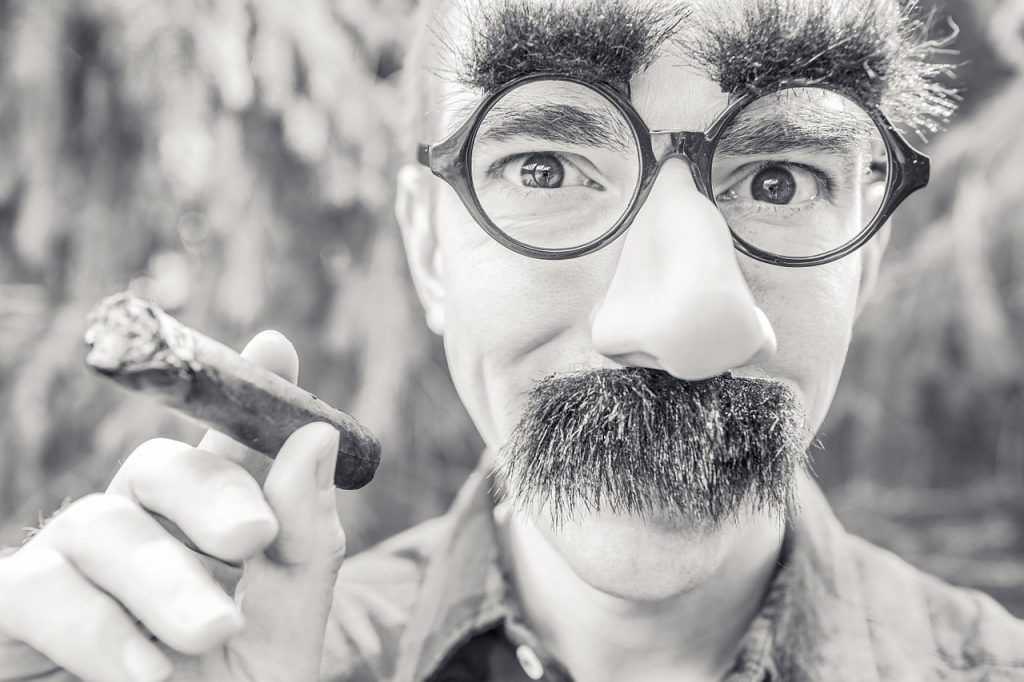
Schnurrbart is the German word for moustache. It literally means ‘purr beard’, where ‘Schnurr’ comes from the verb schnurren – to purr. A cat’s whiskers can also be referred to as a Schnurrbart.
Die Sommersprosse
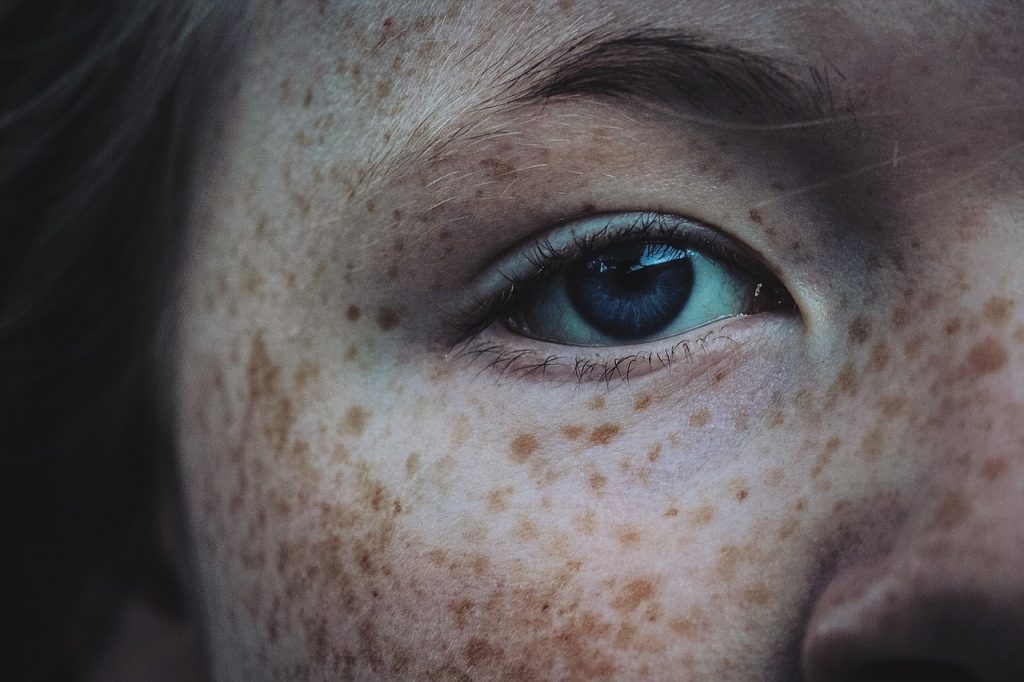
Sommersprosse is the German word for freckle. It literally means ‘Summer bud’, where die Sprosse means ‘bud’, ‘seedling’ or ‘shoot’. Isn’t this a wonderfully creative way to refer to freckles?
Das Hüftgold
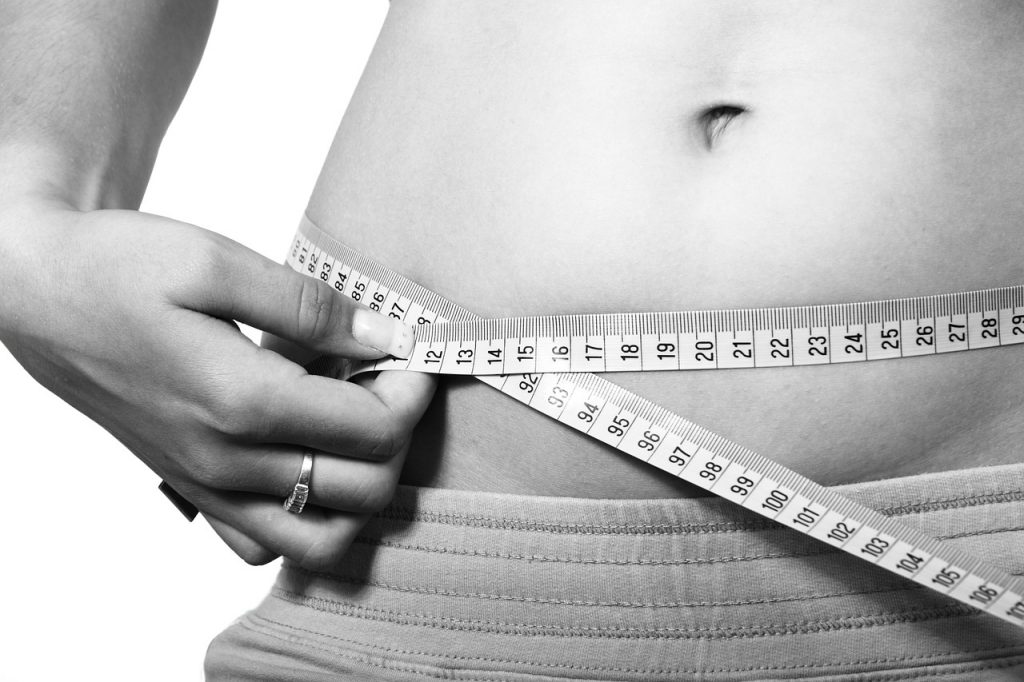
Hüftgold is the German word for love handles (the fat around the hips). This word literally means ‘hip gold’, where Hüft comes from die Hüfte (hip). A rather empowering word for anyone who is slightly self-conscious about their love handles; in German, they are gold.
Der Muskelkater

Muskelkater is the German word for Delayed Onset Muscle Soreness (DOMS), the soreness you feel after a workout. This word literally means ‘muscle hangover’, where the word der Kater means hangover (it is also the word for a male cat, but that’s another story). Why? Because, like a hangover, the muscle soreness doesn’t usually set in until the next day. And it can really hurt! Next time you have DOMS, think of the perfect German word for this sensation: der Muskelkater.
Übermorgen
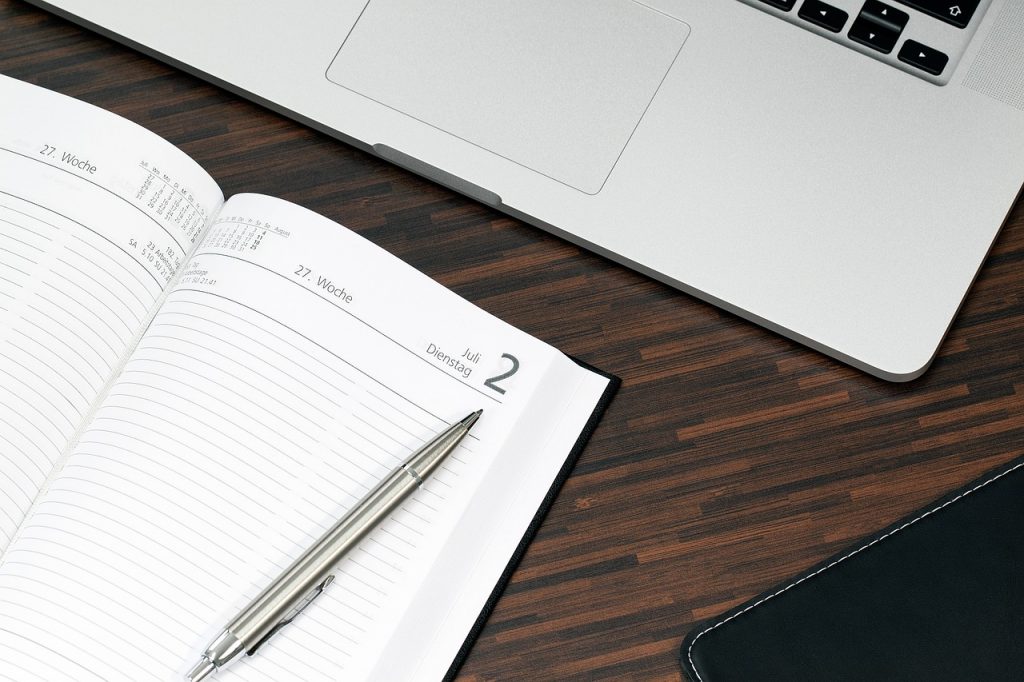
In English we have tomorrow and yesterday, and then ‘the day after tomorrow’. In German, that particular day has been shortened to one word: Übermorgen, which literally means ‘over tomorrow’. Clever. Precise. To the point!
Die Windhose

Windhose is the German word for tornado. This word literally means ‘wind trousers’, where die Hose means trousers (pants in American English). I am not entirely certain why a tornado is likened to trousers in the German language – maybe because a tornado looks like a trouser leg? Either way, it’s a word that shows the humour of the German language!
Die Klobrille

Another word that shows the humour of the language is this one: Die Klobrille. This is the German word for toilet seat, and it literally means ‘toilet glasses’ – probably because of the shape of the toilet seat. Die Brille is the German word for glasses (spectacles).
Die Antibabypille

Antibabypille is the German word for the contraceptive pill. It literally means ‘anti-baby pill’. It doesn’t get any more precise than that!
Der Durchfall
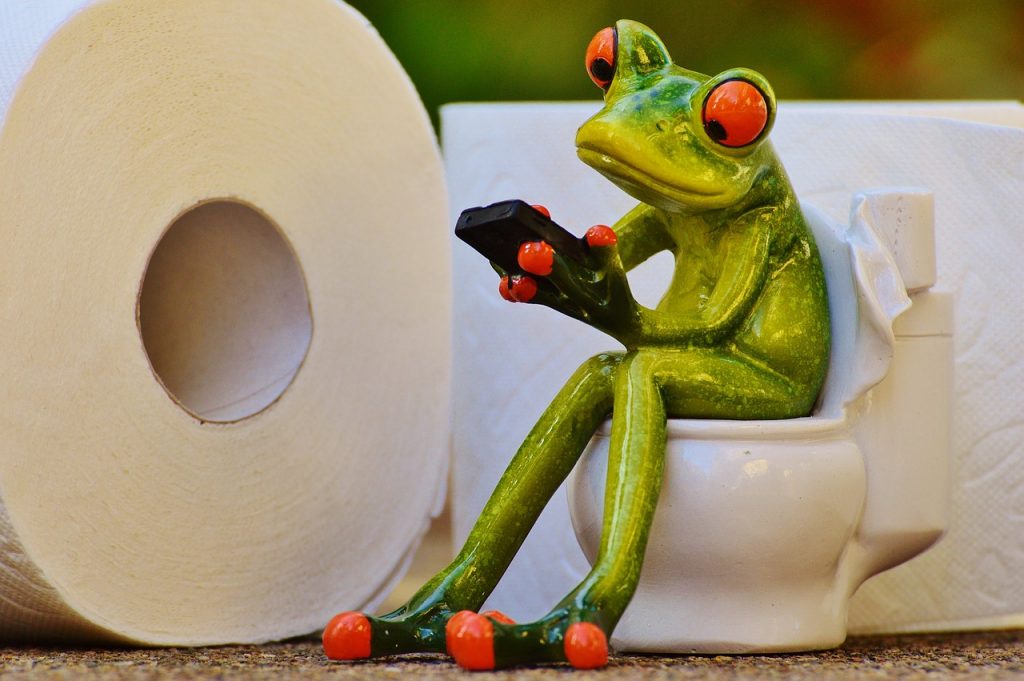
Durchfall is the German word for diarrhoea. It literally means ‘through fall’, which is incredibly literal and… descriptive. The English word diarrhoea actually comes from a Greek word meaning the same thing – but it’s not as obvious or to-the-point as the German word.
Das Lampenfieber
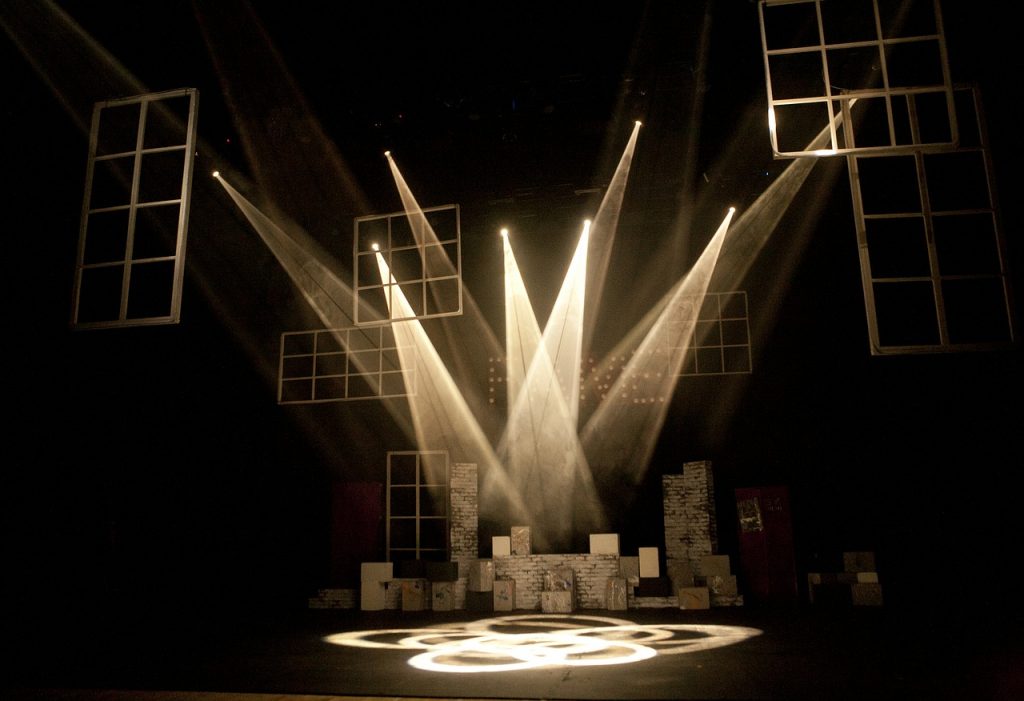
This is one for all of you performers out there! Lampenfieber is the German word for stage fright. It literally means ‘lamp fever’. When you’re on stage, you often have lots of bright lights (lamps) shining on your face. Combine the heat of the lamps with your nerves and you’re bound to feel like you have das Fieber (a fever)! However, you can have Lampenfieber in other situations, too: before a big test, for example, or if you have to give a speech at a wedding.
I hope you’ve enjoyed this post. What other words are more descriptive, imaginative, funny, or just generally better in German? Leave a comment below!

Build vocabulary, practice pronunciation, and more with Transparent Language Online. Available anytime, anywhere, on any device.




Comments:
Adam:
Die Antibabypille is my new favorite reason to love learning German.
Kind of related: I read that for pregnancy test products, commercials in Germany will show prospective parents relieved that the woman is not pregnant. That would never fly in the U.S.
Constanze:
@Adam Very interesting – I didn’t know that! I don’t think I’ve seen an ad like that in the UK, either.
alcazar:
Informative and funny as always 🙂
to 1) there are some more names other then “Schnurrbart” in German like “Bürste”, “Schnauzer” or “Rotzbremse”.
And is this a picture of your fellow author Sten? 😀
to 4) me thinks that “Kater” is derived from “Katarrh”.